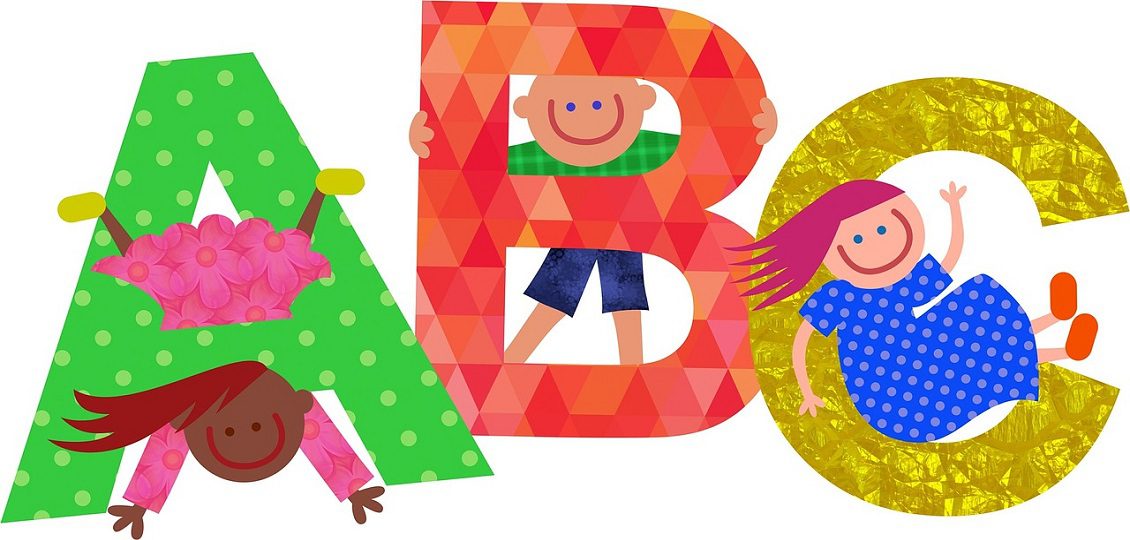By E. Elizabeth Carter
When you pass someone on the street or in a store, do you think about who that person is? By their clothes, body language, and even what they are purchasing or bags they are carrying, do you make a decision regarding that person’s socioeconomic status or other ways to distinguish them? We actually judge people every day even if we don’t realize we are doing it. So how does that affect an organization?
Being judgmental in a team setting does have some pluses. They can include having a higher regard for a person even though that person has a lower opinion of themselves. These perceptions usually center around someone’s soft skills in terms of how they interact with others, the way they may tackle a problem, or how they give constructive feedback in a way that is taken well by others.
The negative of side of being judgmental is that inadvertently one may label someone as something in particular and realize later that you had the absolutely wrong impression of them. As an example, a team member may usually be quiet in meetings so you assume they are either not interested in being there, they are tired, or they don’t like speaking up in front of others. You later find out that they are the type that likes to hear everyone else’s opinions and then process the information before reaching out to the leader to give their views on a topic. They actually don’t mind speaking in front of others but feel that they would rather give the “loud mouths” the floor.
The major issue with judging someone (especially wrongly) is that it can lead to rumors and gossip. Once a rumor gets started, it is hard to extinguish. This can lead to morale and trust decreasing. In addition, factions can rise up which leads to a very clique-like workplace. If everyone is watching their back fearing that everything they do is being judged, anxiety can percolate which eventually could lead to lower productivity.
There of course is a myriad of other reasons why being judgmental can negatively impact a team. Using ice breakers like Two Truths and a Lie during a meeting could help team members see people in a different light. Things they assumed about others may be totally wrong and this gives them the opportunity to learn more in a non-threatening way. It is a continuous battle to try to not judge someone because through social media and other means we are constantly being bombarded with comparisons that we should really ignore.











































